How to Surprise the Dutch With Their Own Language
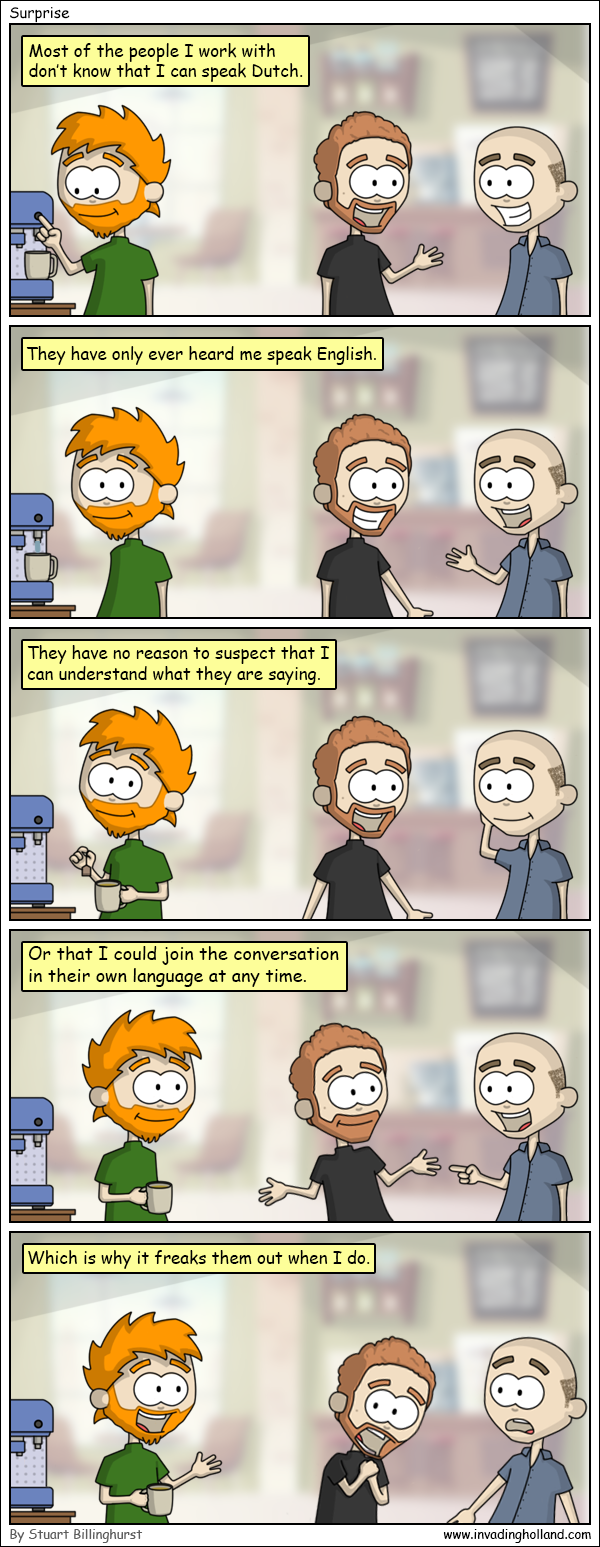
During my long time working in The Netherlands I’ve worked for a Dutch company that employs a mix of Dutch locals and expats from all over the world. Because of this mix it was agreed a long time ago that the common language to be used around the office would be English (to ease communication). Of course there are still Dutch conversations and Dutch meetings but if one of us expats pops up the conversation quickly switches to English.
However, I can speak Dutch…
It is true that I am still not brilliant with the language. I can’t hold very complex conversations, a lot of Dutch words still elude me and my grammar would embarrass a five year old. However, I am very capable of understanding and making myself understood in Dutch. I’ve just never have to use that skill around the office that much. In fact, there are people I have worked with for many years who have never heard me utter a single Dutch word…
Which is why there is no greater joy than seeing their reactions when I suddenly start talking to them in whole Dutch sentences for the very first time. It is a wonder to behold.
Surprise the Dutch With Their Own Language
It could be a large meeting where they forgot there was one non-Dutch person in the room, a small gathering by the coffee machine or anything in-between. The reaction is always the same.
1) Surprise:
The first reaction is understandably one of surprise. Dutch words just came out of my mouth and that usually does not happen.
2) Fear:
The feeling of surprise that I can speak Dutch is quickly replaced by the fear that I can speak Dutch. They quickly try to recall everything they have ever said around me in the language. Was there ever anything they would not have said if they’d known I could understand them?
3) Acceptance and Mockery:
The realization that they are probably safe leads to the acceptance of the new situation. Of course I can speak Dutch. I’ve lived in the country for a long time.
With the initial shock over they finally notice that the pronunciation of my interjection was a little off and that (come to think of it) the sentence structure was questionable too. This realization helps them further accept their new found reality. Yes, I can speak Dutch but I still have a long way to go before I can speak it well.
Whatever conversation was taking place before I joined in is now dead. My level of Dutch linguistic skill quickly becomes the only topic of discussion. Although they are still unsure whether that discussion should be in Dutch or English.



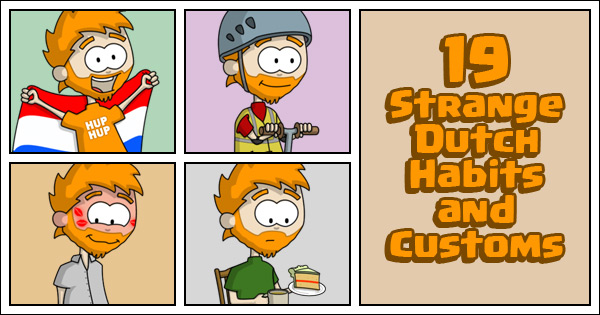
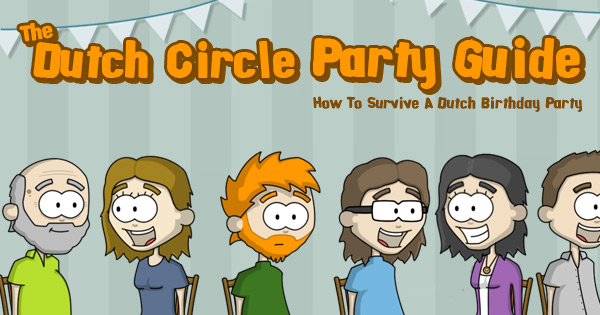
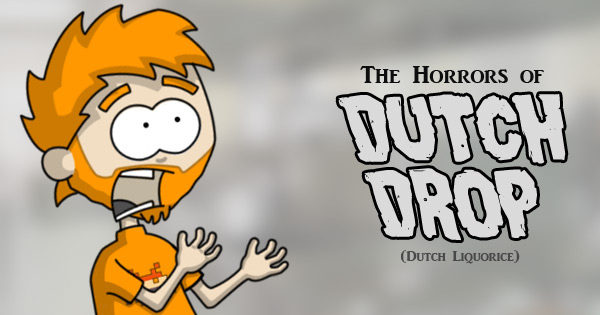


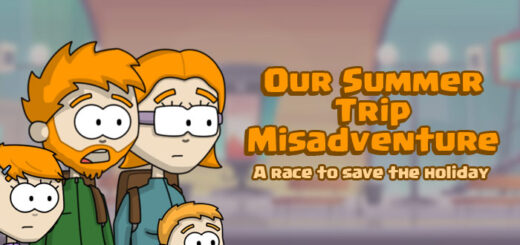
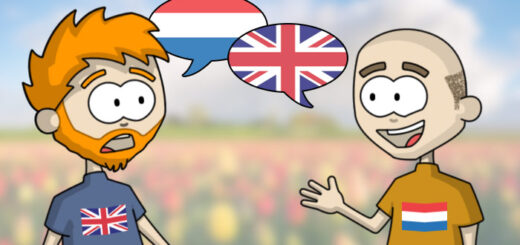

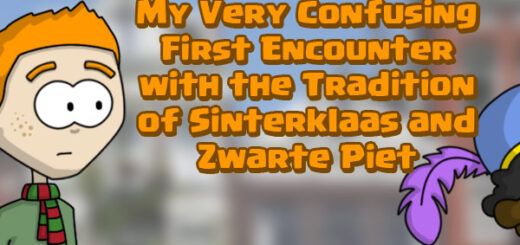
I love confusing people, came to the uk in 1970 from the Netherlands to marry. I live in Hull which is where the overnight ferries ? dock. Often in shops, especially in changing rooms, I join the Dutch tourists conversation….total confusion. ?
Surprise me one on them hasn’t told you yet that your English isn’t all that good and your pronunciation of English isn’t very good.
I remember going into a bakkerij in Amsterdam whilst on holidays. I was evidently a tourist and when I asked (in Dutch) for a packet of stroopjes,I was met with dumb silence and then laughter. When I asked if I had said anything incorrectly, the girls said no,but it didn’t stop them smirking at each other.
I know that feeling too, Stu. As an English teacher, my students are often surprised and then awkward that I’ve understood what they are saying.